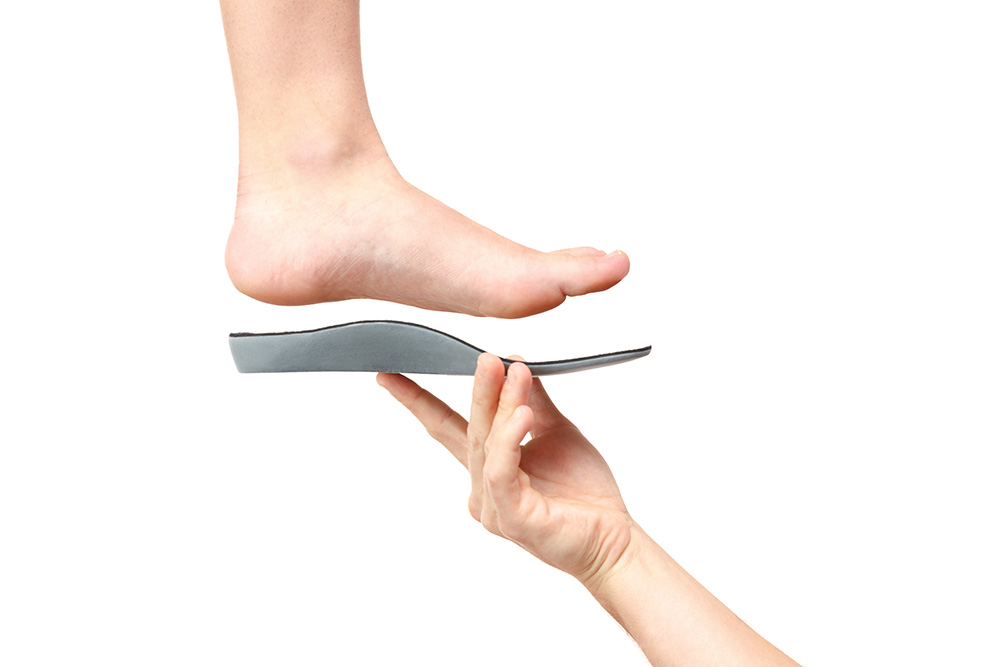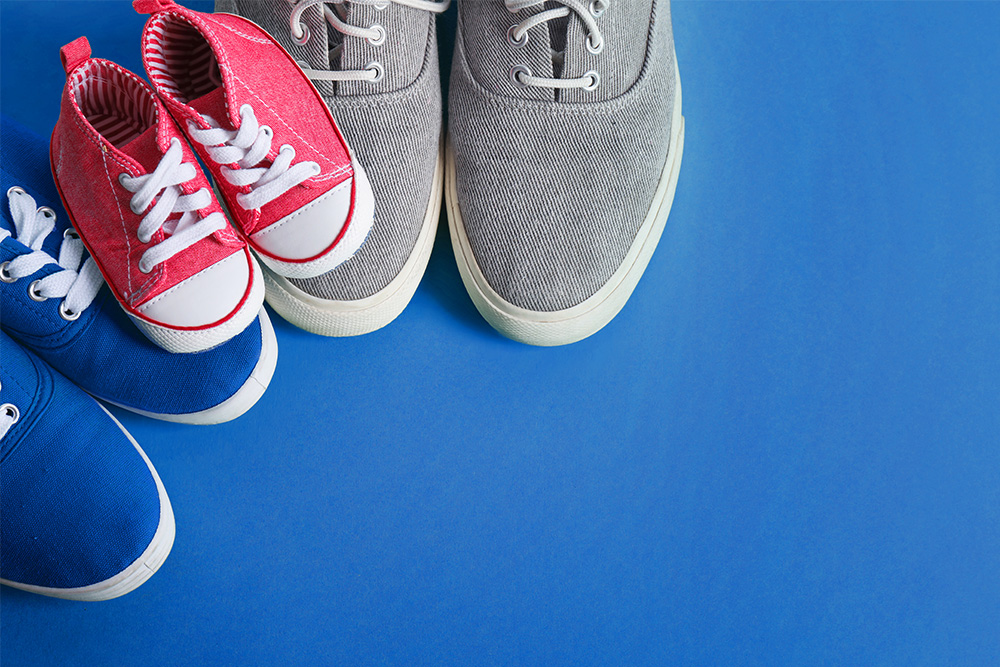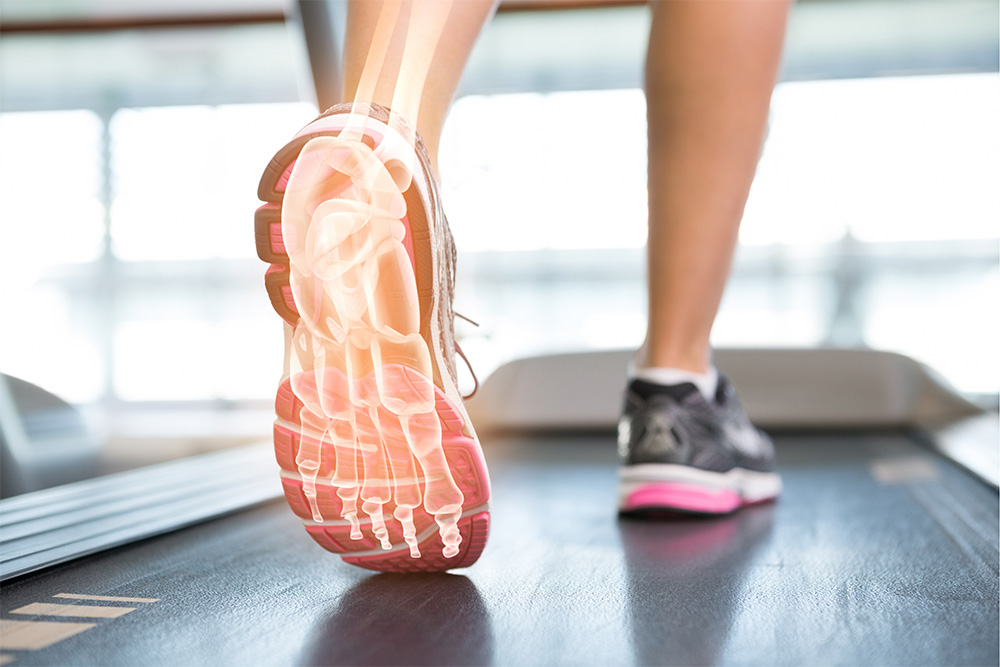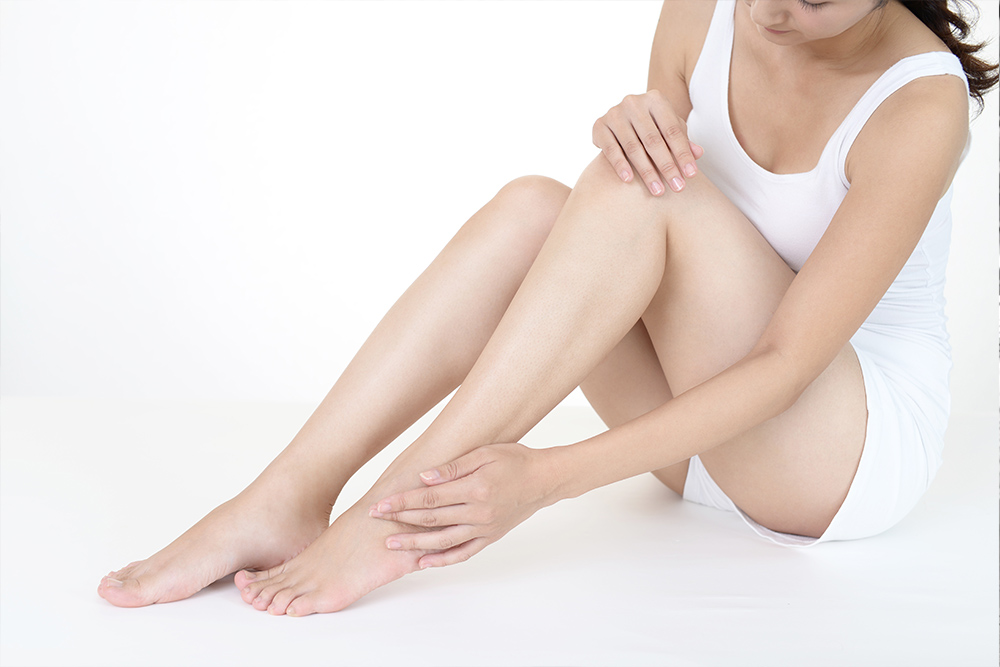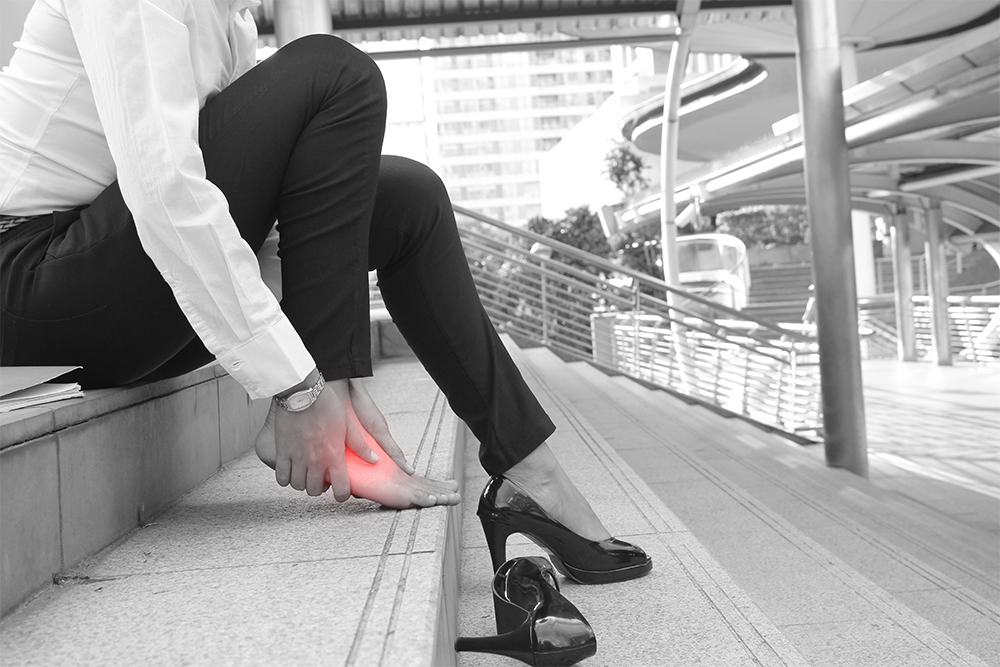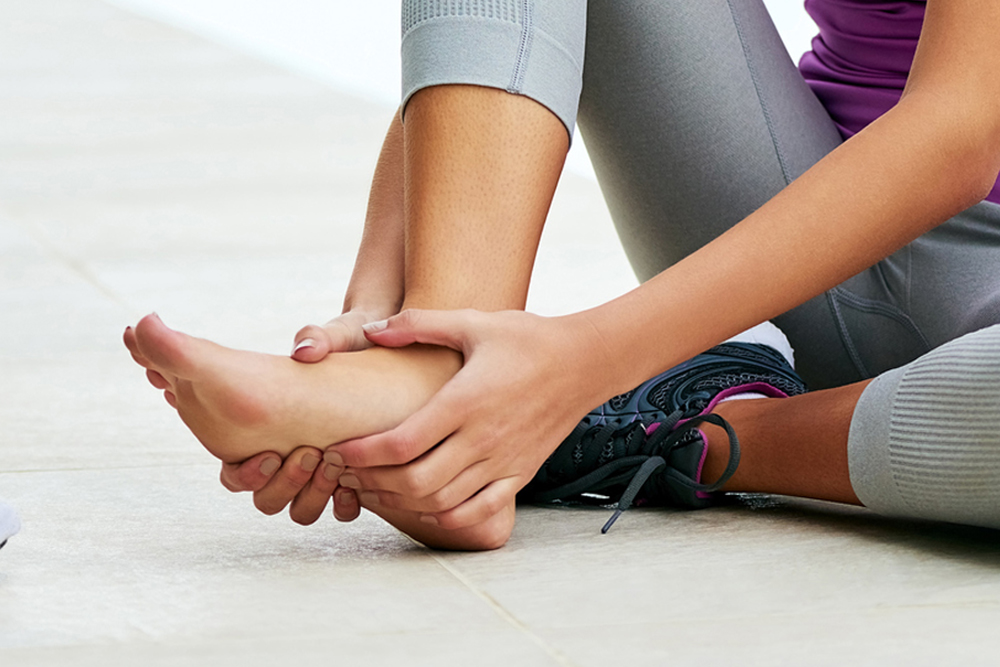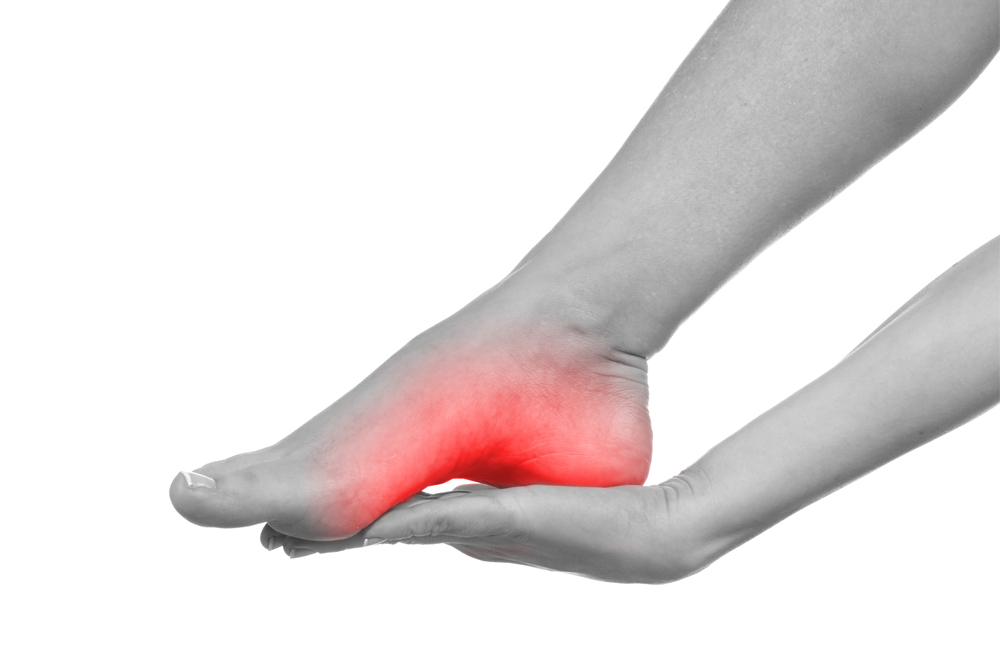
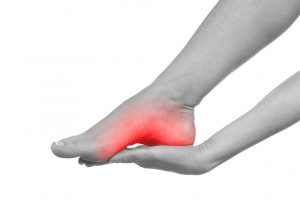
What are high-arched feet?
A high arched foot is the opposite of a flat foot, where instead of the foot rolling down (pronating) to have a low or flat arch, the foot does not roll down very much and maintains a high and curved arch with often more weight on the outside of the foot.
Are high arches good or bad?
High arches are neither good nor bad, this is merely a description of your foot type. Like flat feet, high arched feet have some characteristics that may make you more vulnerable to injury than a neutral foot type, though it does not mean that you will definitely experience foot pain.
What causes pain in arched feet?
With high arched feet, the toes are often in a clawed position. This foot type tends to be very rigid in nature and often lacks some shock-absorbing properties. When the foot does not absorb shock effectively due to failing to roll in sufficiently, symptoms such as shin, knee, heel and back pain are more common as these structures are forced to take more force than they are normally supposed to.
How common are high arches?
Studies estimate that up to 10% of people may have flat feet.
What causes a high-arched foot?
The structural alignment of the bones within the foot is hereditary, so are almost always inherited from parents or grandparents. Some neuromuscular diseases such as Charcot Marie Tooth Syndrome can also cause high arched feet.
High arched feet symptoms
High-arched feet will be prevalent when you are standing on your feet – looking at your feet when they are off the ground is not an accurate way to assess a foot type. Aside from a high or cave-like arch and midfoot, you may notice the foot tipping out slightly, there may be some clawing of the toes, and you may notice callus on the heels or the ball of the foot. It may also be more difficult to find well-fitting footwear.
How to treat high arched feet
While a high-arched foot on its own without any pain or other symptoms may not require any treatment, when problems and discomfort arise, treatment is often indicated. The specific treatment you need will depend on your symptoms and your podiatrist will create a personalised treatment plan after a comprehensive consultation. This treatment plan may involve:
- Custom foot orthotics. These inserts are placed inside the shoes to control the mechanics of the foot while walking. This places the feet in a better functional position, allows the foot to more easily absorb shock and more readily adapt to uneven terrain
- Footwear changes – changing the footwear you use to ensure there is adequate cushioning and the shoe isn’t pushing the foot further outwards
- Stretching of tight muscle groups must also be addressed to effectively relieve symptoms
High Arched Feet FAQs
What shoes are best for high arched feet?
Neutral, shock-absorbing shoes are generally best for high-arched feet. You want to avoid shoes with significant added arch support for flatter foot types as this may push a high-arched foot further out, decreasing the stability on their ankle, and making them more likely to sustain ankle sprains and other injuries.
Can high arches cause back pain?
Due to the effect of the kinetic chain from the ground up, problems at the feet can also affect the knees, hips and back. This is not always the case, and we highly recommend getting an assessment from your local My FootDr podiatrist to see if a correlation is possible or likely.
Do high arches affect balance?
Yes they can. A high-arched foot tends to be more rigid in nature, and be less seamlessly able to adapt to uneven ground. This can affect both balance and stability on the feet, while potentially impacting a person’s falls risk too, especially if they have other medical conditions or problems.
Can high arches cause hip pain?
Just like back pain, disturbances at the level of the foot can affect the kinetic chain up the legs and at the hips. This is not always the case, and a professional assessment from your podiatrist is always recommended. They will look at other factors like gluteal strength, which can also play a role in unexplained hip pain.
Can high arches cause Achilles pain?
Yes they may. As high-arched feet may not absorb shock forces as effectively as a neutral or flatter foot type, this can project onto the Achilles tendon and make it more vulnerable to injury or overuse.
Do high arches cause overpronation?
No, high arches are not a cause for overpronation. To learn more about the causes of pronation which tends to occur in flatter foot types, click here.
Do orthotics help high arches?
Yes, we use orthotics successfully for those with high arched feet. As our orthotics are designed uniquely for a persons feet, they can include the features that restore what they may naturally lack with high-arched feet – like cushioning, shock absorption and stability. This means you are more likely to stay comfortable on your feet and may reduce the likelihood of foot pain and injury.



